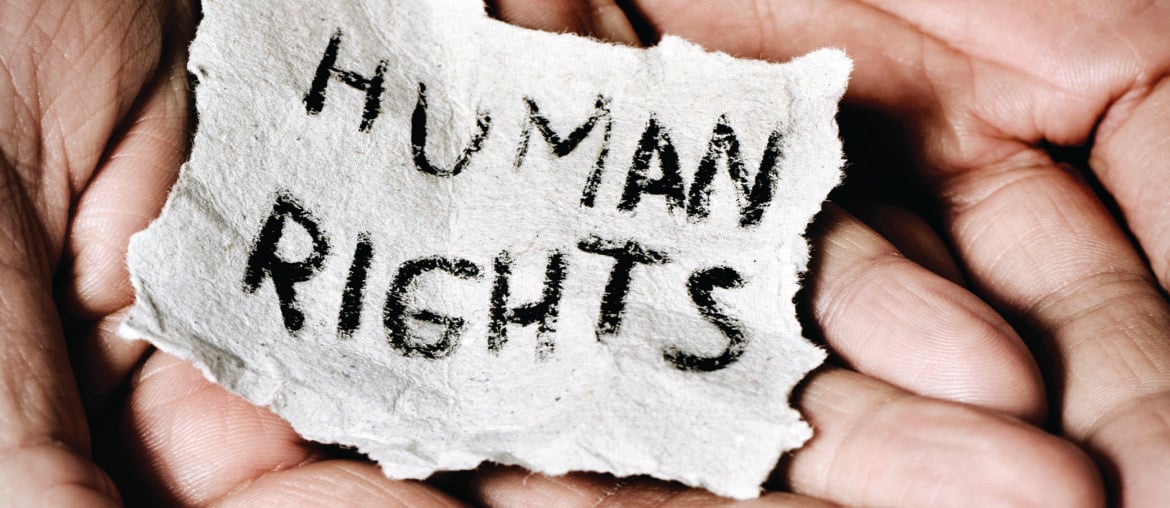Governments around the world continue to signal that companies should prepare for a future where responsible sourcing programs that include supply chain human rights due diligence become a legal obligation. On February 20, 2020, the European Commission published a report titled “Study on due diligence requirements through the supply chain” (“the EC Study”) which examined the need for a EU-level regulation of corporate due diligence obligations aimed at identifying, preventing, mitigating and accounting for human…
On March 11, 2020, the Congressional-Executive Commission on China (“CECC”) announced new proposed legislation, the Uyghur Forced Labor Prevention Act, to establish a rebuttable presumption that all labor occurring in Xinjiang, China, or by persons anywhere in China who are involved with the “re-education through labor” program targeting Chinese Turkic Muslims constitutes forced labor within the meaning of the U.S. forced labor import ban, 19 U.S.C. § 1307. The proposed act would also impose sanctions,…
On March 9, New York Governor Andrew Cuomo announced that in response to the hand sanitizer shortages caused by the spread of the novel coronavirus, New York State will purchase hand sanitizer from a company that employs prison labor. According to Cuomo, the goal is to make 100,000 gallons of hand sanitizer a week. This hand sanitizer will reportedly be provided to state schools and prisons. The announcement has been met with criticism from politicians…
The U.S. Department of Labor (“DOL”) has reiterated its commitment to combating child and forced labor in supply chains, with an apparent regional focus on South America, Africa, and Southeast Asia. The U.S. government’s continued push on labor violations in corporate supply chains is further evidence that companies should be considering how well their compliance programs cover detection and deterrence of these abuses in their supply chains. On January 27, 2020, the DOL announced that…
More evidence that U.S. courts are continuing to shift towards greater accountability for corporations (and associated individuals) for social harm in their supply chains. Although it is too early to declare the ATS raised from the dead, a slew of other statutes on the books and in the legislative pipeline impose growing obligations on companies to both report and prevent forced labor, trafficking and other human rights abuses in supply chains. Bottom line: companies with…
Although the SEC currently does not require public companies to disclose any environmental, social, and governance (“ESG”) information, including human rights issues and labor practices, historically, Congress mandated additional disclosures due to public policy considerations. On July 11, 2019, a discussion draft of the Corporate Human Rights Risk Assessment, Prevention and Mitigation Act of 2019 (“CHRRA Act”) was introduced at a hearing of the U.S. House Subcommittee on Investor Protection, Entrepreneurship, and Capital Markets. The…
Introducing the Liechtenstein Initiative’s “Blueprint for Mobilizing Finance Against Slavery and Trafficking” Two centuries ago, Financial Services Actors (FSAs) have played a crucial role in both enabling and ending slavery. Transatlantic slave trade could not have existed without the support of the financial sector, as it was very capital- and credit-intensive. FSAs had developed many instruments such as securitized slave-backed mortgages, from which they made a lot of money. However, the sector’s role changed drastically…


